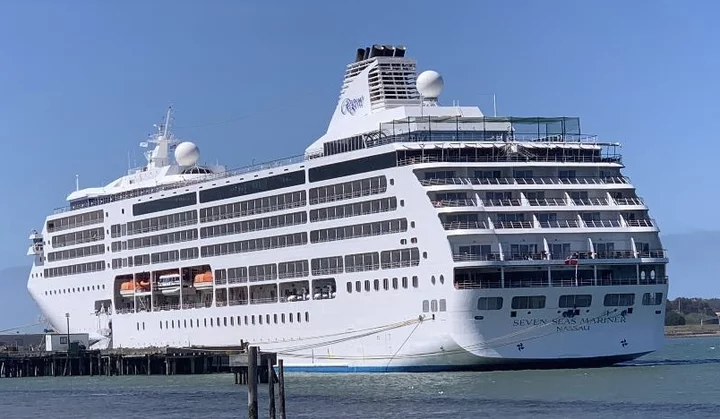As of March 4, Russians were forbidden to refer to Putin’s invasion of Ukraine in any other terms than “special operation.” Americans aren’t immune from such euphemisms: the Korean War, was (and, officially, still is) Harry Truman’s “police action.” In contentious times, definitions can literally define your whole outlook: red or blue, liberal or conservative, pro-life or pro-choice. For instance:
- When is a fetus a person?
- When is a semiautomatic rifle (like the AK-15 style used at Uvalde and Sandy Hook) an assault weapon?
- When is a terrorist a freedom fighter?
- When is a stock market correction a crash?
Taking a break from the heavy, and tragic, events of the last few weeks and months, I’ve been reading up on a lighter, but no less contentious topic:
- When is a boat a ship?
Turns out, there’s a whole literature on this, that has, on occasion, taken polemics to alpine heights of controversy. Informal answers first:
- You can put a boat on a ship, but you can’t put a ship on a boat. (But ferryboats are always equipped with lifeboats—shouldn’t they then be ferryships?) (And the United States Ship Colewas carried on the Blue Marlin from Yemen to Mississippi.)
- A submarine is always a boat. According to the U.S. Navy Style Guide, “boat - use to describe a submarine. Do not use to describe a ship.” Same with Royal Navy subs: always boats. Not forgetting the classic old movie Das Boot, “The Boat,” about a German U-boat during WW2.
- A captain of a boat won’t mind you calling his/her vessel a ship, but don’t never ever refer to the craft commanded by a ship’s captain as a boat.
- A ship has more than one deck; a boat only one.
- A sailing ship has three or more masts…otherwise it’s a boat.
- A ship is an ocean-going vessel. (But what about dories that brave souls have rowed across the Atlantic?)
- A boat works a waterway; a ship plies a waterway.
Getting more technical:
- A skiff (small boat) is etymologically the same as a ship.
- A ship weighs more than 150 gross tons (or 500, in another definition, or 100 feet long, in yet another). Anything else is a boat.
- The captain of a boat needs no formal qualification. A ship’s captain is not only qualified to be in charge of the vessel, but is also empowered to perform weddings, burials-at-sea and is authorized to imprison.
Here’s the real McCoy (per the Royal Navy): A ship rolls outboard in a turn while a boat rolls inboard. Same as a car (which leans outward in a turn) versus a motorbike (inward). It’s all to do with whether the center of gravity is above or below the center of buoyancy.
Finally, in all cases, a watercraft is feminine, a she. I claim this isn’t sexist, it’s more a term of endearment with a long and rich history. My wife begs to differ.
Forget Lloyds of London, which recently switched from feminine to neuter. Forget Wikipedia* and all the so-called authoritative dictionaries and style guides. Take it from me, whose next sloop will be named “Never Again” after his beloved’s sentiment. From my 25 lb. skin kayak to the Seven Seas Mariner that graced the Schneider dock last month, they’re female as all get-up.
“Nice little boat you’ve got there, Captain!” (48,000 ton Seven Seas Mariner) Photo: Barry Evans.
*To be fair to Wikipedia: “Ship” (along with “nation”) is an English word that has retained a female grammatical gender in some usages, which allows it sometimes to be referred to as a “she” without being of female natural gender.

CLICK TO MANAGE